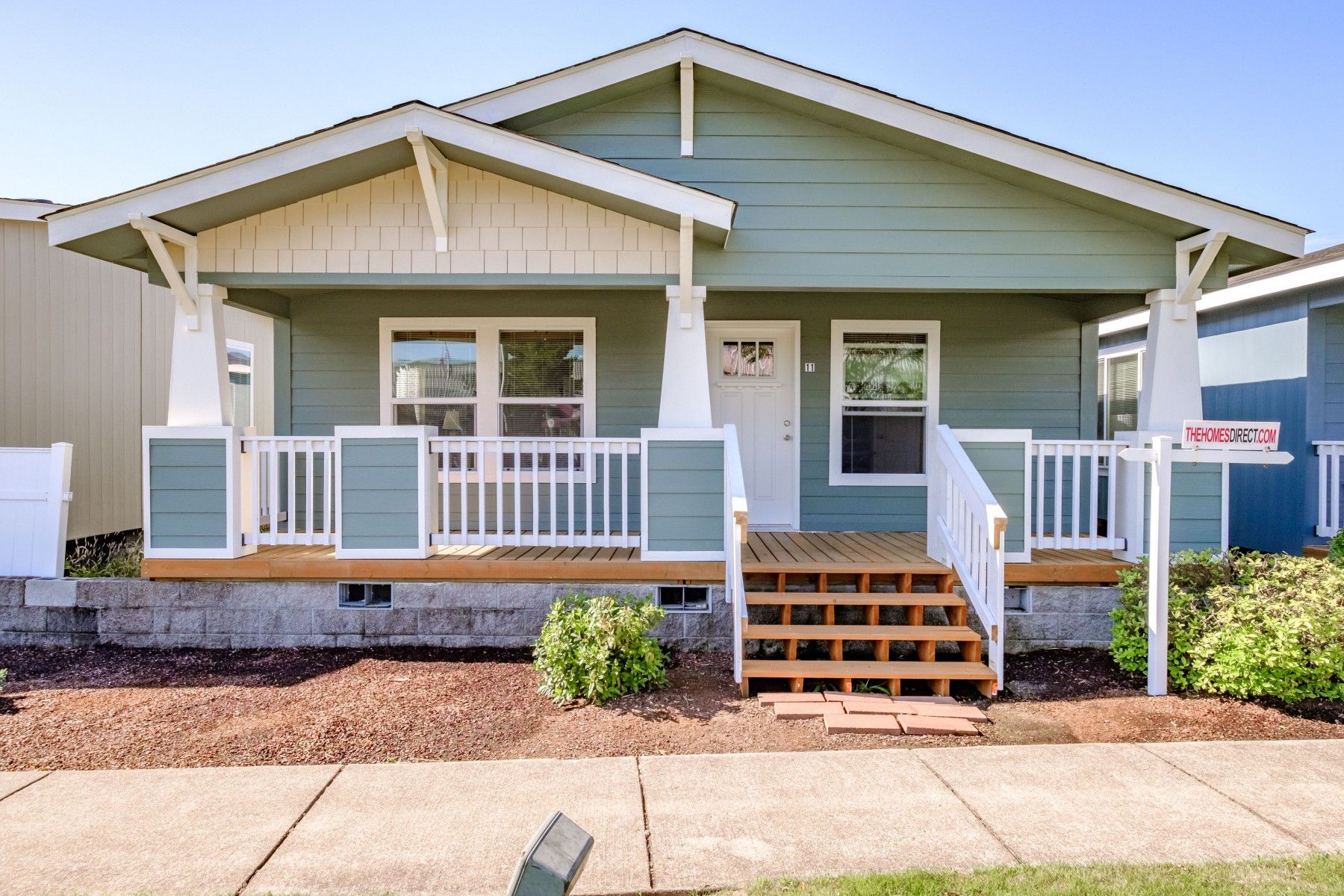In an ever-evolving world where efficiency and adaptability are of paramount importance, there are certain concepts that stand out for their remarkable versatility. One such concept, in the realm of construction, is that of modular factories.

This innovative approach to building involves constructing modules off-site in a factory-controlled environment before they’re transported to their final location. The parallels between modular factories and the ubiquitous Swiss army knife are strikingly apparent, underpinning their shared traits of versatility, efficiency, quality control, consistency, environmental friendliness, and adaptability.
The Swiss army knife, a symbol of Swiss ingenuity and craftsmanship, is renowned for its multi-functionality. With various tools incorporated into a compact design, it caters to a multitude of needs.

Similarly, modular factories exhibit unparalleled versatility in the construction landscape. They can create a broad spectrum of structures, ranging from residential homes and commercial offices to medical facilities and educational institutions. This is achieved by using a consistent set of principles and processes, allowing for a variety of outcomes based on the configuration of the same basic components, much like the diverse applications of a Swiss army knife’s tools.
Another characteristic that modular factories share with the Swiss army knife is their inherent efficiency. The latter is lauded for its ability to perform multiple tasks concurrently, thus saving precious time. In a similar vein, modular construction paves the way for simultaneous site work and structure production, thereby condensing project schedules significantly.
This approach yields a dual advantage, making it possible to lay the foundation on-site while the building modules are being fabricated in the factory. The synchronicity of tasks mirrors the multi-tool functionality of a Swiss army knife, leading to substantial time and cost savings.

Modular factories uphold a high standard of quality and precision, much like each tool in a Swiss army knife, carefully crafted to perform its specific function with optimal effectiveness. Modules are fabricated in controlled factory environments, which means that the construction process is shielded from external factors like adverse weather conditions that could potentially compromise quality.
Furthermore, this controlled environment promotes meticulous attention to detail, ensuring each module meets stringent quality criteria before leaving the factory. This level of quality control often surpasses that of traditional on-site construction, rendering modular factories a compelling alternative.

Just as a Swiss army knife is reliably consistent in its quality and function, modular construction shines in its delivery of consistent standards and specifications across different builds. This is particularly advantageous in large projects that necessitate multiple identical units, or in branded chains that require uniformity across different geographic locations. Such consistency is achieved through automated and precision manufacturing processes that are less prone to human error.
Modular factories embody the same principles of resource effectiveness and efficiency that have made the Swiss army knife a model of compact and thoughtful design. By using precision equipment and processes, modular factories minimize waste, optimizing the use of raw materials. Additionally, because the construction process occurs indoors, it mitigates the environmental impact typically associated with traditional construction sites, such as noise and air pollution. As sustainability becomes increasingly crucial in all sectors, modular construction’s environmentally friendly ethos sets it apart.
The adaptability of a Swiss army knife, useful in diverse situations from camping trips to everyday household tasks, is mirrored in the modular construction realm. This form of construction is inherently flexible, capable of catering to different needs and contexts. Whether it’s for affordable housing solutions or luxury properties, remote locations, or bustling urban centers, modular construction can be tailored to suit the specifics of the project.

In summary, modular factories, much like Swiss army knives, are marvels of modern engineering that encapsulate versatility, efficiency, quality control, consistency, environmental consciousness, and adaptability. By reshaping the construction landscape, they serve as a potent testament to the power of innovation and the possibilities it holds for our built environment.
Therefore, it is no surprise that modular factories are the “Swiss army knives” of the construction industry, as they are equipped to meet a broad spectrum of construction needs with precision, efficiency, and remarkable adaptability.



